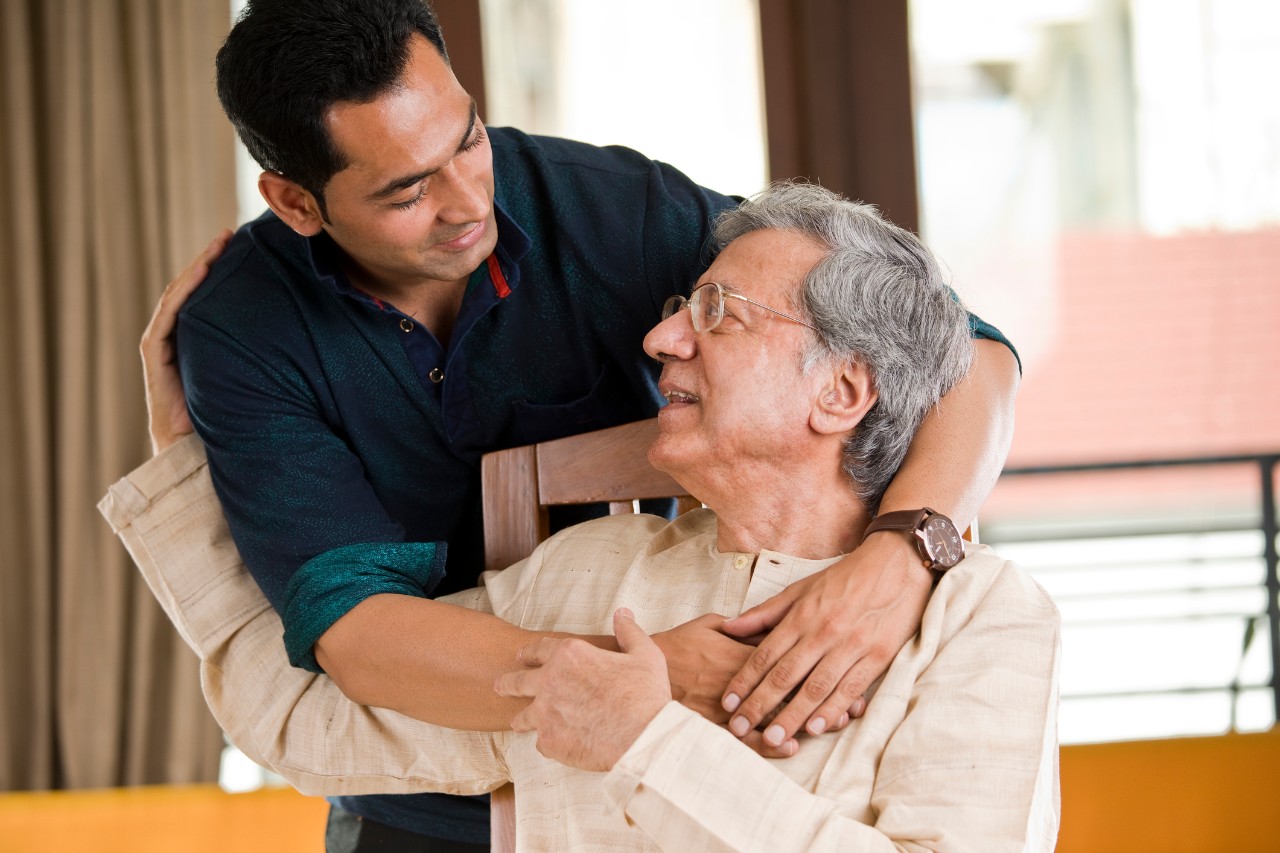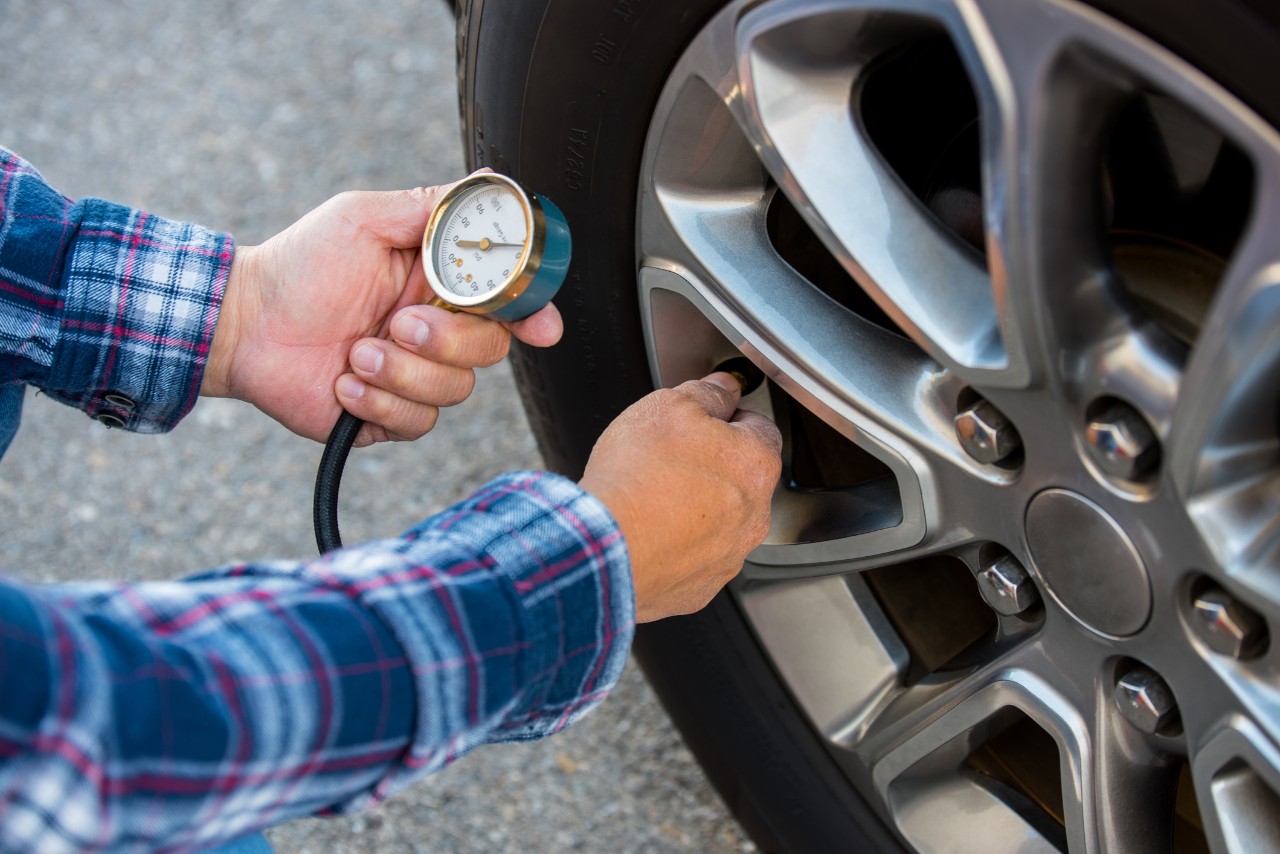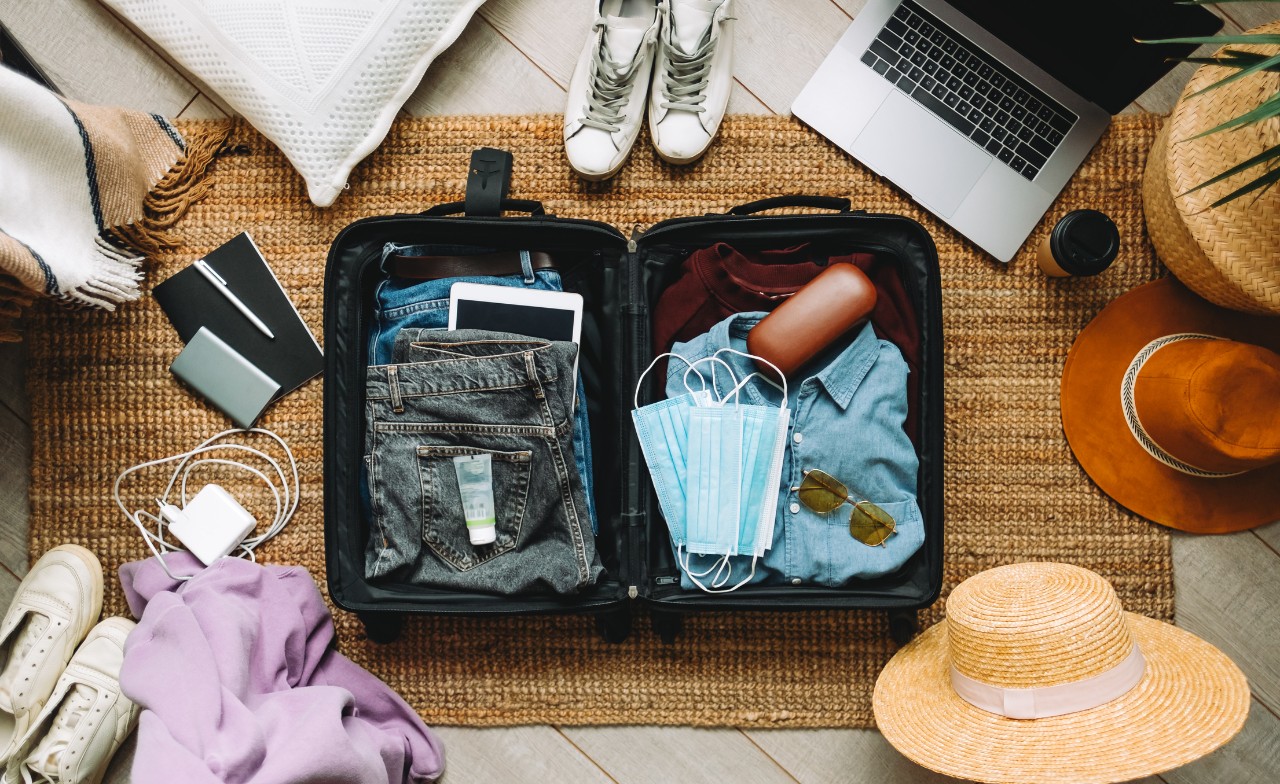“The ageing phase brings with it the treasure of—beautiful life’s experiences, wisdom, and values.”
However, it also brings uncertainties, stress, and challenges in the life of an aged person. But, no matter how hard the challenges seem, a warm covering of love and care makes life’s toughest journey smooth and easy.
Additionally, some awareness and knowledge can build your confidence in giving the right care to an elder person. So, below are some tips on providing elder care:
1. Recognize their actual needs:
A caring role can land you in confusion. Hence, understanding clearly what the actual needs of your elderly are is highly important. Is your elderly person able to move, cook, or is completely dependent on all tasks? Understanding these needs is the first crucial step that will help you plan well.
2. Plan well:
If the elderly person is able to do some activities, then assistance with other areas can be arranged. And if he/she is completely dependent on others for all life tasks, then care givers and full-time workers are the best options.
3. Keep your spirit motivated:
Often, it’s found that people providing care for their elderly, (especially those having any serious illness), themselves fall into traps of sadness and depression. This is because the elder care role demands high mental and physical alertness and energy. Furthermore, witnessing a loved one suffer or go through a difficult life stage drains one's emotions. Therefore, it’s crucial to stay motivated and positive in order to give the best care without getting depressed.
4. Understand your financial requirements:
Calculate the fixed monthly and any extra unexpected expenses, so that you can allocate the money aside. Neglecting to invest in an insurance plan can lead to later regrets. Furthermore, you can speak with your parents about the expenditure that they want you to handle. Plus, suggesting interest schemes on their savings is not bad.
5. Be a supporter, not a dominator:
Oftentimes in the journey of elder care, it’s natural to feel in power as your position is that of a giver and the elder’s is that of a receiver. However, it is critical to respect your elders' preferences and decisions. Never dominate, or suppress their wishes and ideas, as doing so severely impacts the mental health of an elderly person.
6. Listen to their emotions:
Elder care is not just about physical care; it also involves mental well-being. As a result, spending quality time with your elderly and communicating with them is the best care you can provide.
7. Arrange for care givers:
Although your presence can not be substituted, having a care giver at home can help if your work involves leaving home daily or staying far away. In addition, you must monitor your elderly, care givers and helpers with the help of technology. You can also install cameras, smart technology devices, and other monitoring devices.
8. Update on home safety:
Install hand grips, especially in bathroom areas. Remove the slippery mats. Declutter your home to help them move with ease. Assist them with handle bars and walkers or hand sticks. Maintain hygiene and provide comfort.
9. Help them in continuing their recreational activities:
Socializing impacts health positively. Cutting out the scope and channels of recreational activities can lead to physical stiffness and mental instability. Hence, as much as possible, encourage and help them to continue their outside activities.
10. Don’t let them get into isolation:
People in old age are often seen in loneliness and isolation because of the lack of the personal presence of their own children.
Hence, while living your personal life and obeying work responsibilities, never forget that all your early years of life and present capabilities are all because of your elders and their endless sacrifices. Hence, always try to spend time with them. You can also ask your friends and other family members to visit them.
“Lastly, remember that ageing is a natural phenomenon. It’s bound to occur. There’s nothing bad in it. All you need to do is to see it with optimism. and provide the best support and motivation.”
.png)
.jpeg)















